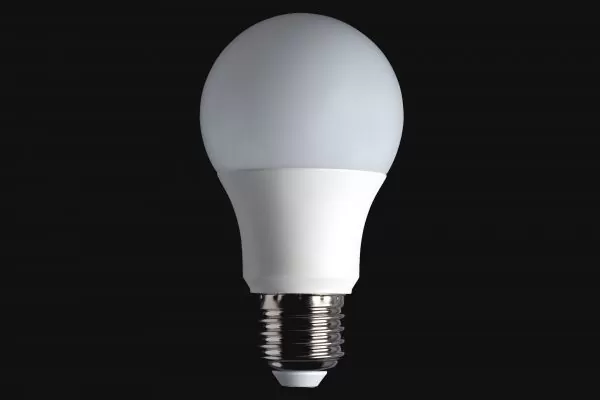A Guide to Controlled Expansion Alloys
Controlled Expansion Alloys – What Are They and Which is Right for Me?
On the search for alloys for your application, there is no doubt that you will come across controlled expansion alloys.
The alloy expansion rate refers to an average coefficient of thermal expansion; controlled expansion alloys have been carefully formulated to produce a specific coefficient of thermal expansion (CTE) within certain ranges.
Falling into three categories, you will find low thermal expansion, matching expansion and high thermal expansion. Here are some of the most common controlled expansion alloys and which applications they are most suited for:
Kovar
One of the most used alloys is Kovar which is made up of nickel, iron and cobalt. It is classified as a controlled expansion alloy because the expansion characteristics of Kovar are closely controlled in order to match hard / borosilicate glass or ceramic. This means that it will expand and contract at a similar rate to these materials, making it the most popular alloy for hermetic sealing applications (Glass to Metals Sealing). Some of these applications include:
- Production of transistors, diodes and electronic tubes
- Hybrid circuit casings and oscillator housings
- Scientific instruments and vacuum systems in scientific research
Mainly used in the electronics and aerospace industries, Kovar comes in a range of forms: Plate, Round Bar, Square Bar, Flat Bar, Sheet, Coil, Wire and Tube. The uniformity of thermal expansion characteristics and shock resistance makes it a reliable choice for these applications.
Invar
Invar is made up of nickel and iron and is classified as a low expansion alloy. It has one of the lowest thermal expansion rates, exhibiting near zero coefficient, which makes it suited to applications where it is required to maintain constant dimensions in changing temperatures. Applications with these requirements include:
- Radio and electronic devices, electrical transformers, high voltage transmission lines and circuit breakers
- Precision equipment elements like lasers, measuring and positioning devices, thermostats, precision condenser blades
- Shadow masks and frames like cathode ray tubes, OLED
- Mould and lay up tools for composites
As well as dimensional stability between -100°C & 260°C, Invar is durable, flexible and easy to machine. It comes in a range of forms such as: Plate, Round Bar, Square Bar, Flat Bar, Sheet, Coil, and Wire, and has become a popular choice for composite material manufacturing.
Alloy 42
Alloy 42 is made up of iron and nickel (42%) and is classified as a controlled expansion alloy. With a low and consistent CTE over the range of 20-300°C, it matches hard / borosilicate glass or ceramic similarly to Kovar; it also matches silicon and has the capability for glass-to-metal or ceramic-to-metal sealing applications. Some of these applications include:
- Electrical components such as:
- Semiconductor lead frames in integrated circuits
- Bi-metal thermostat strip
- Thermostat rods
- CRT electron guns
- Electrical devices such as:
- Electric bulbs
- Radio valves
- Television tubes
- Fluorescent lights
- Automotive and industrial lamps
With the ability to withstand extreme temperatures, Alloy 42 is also shock-resistant so the seal will not experience any cracking. It benefits from good workability and weldability and comes in a range of forms such as: Round Bar, Sheet and Coil.
At China Alloy Parts, we hold a specialist range of Kovar, Invar and Alloy 42 in unique forms and size so you can find the perfect alloy for your application.
If you need any more information or would like to enquire about your requirements, contact us today.


